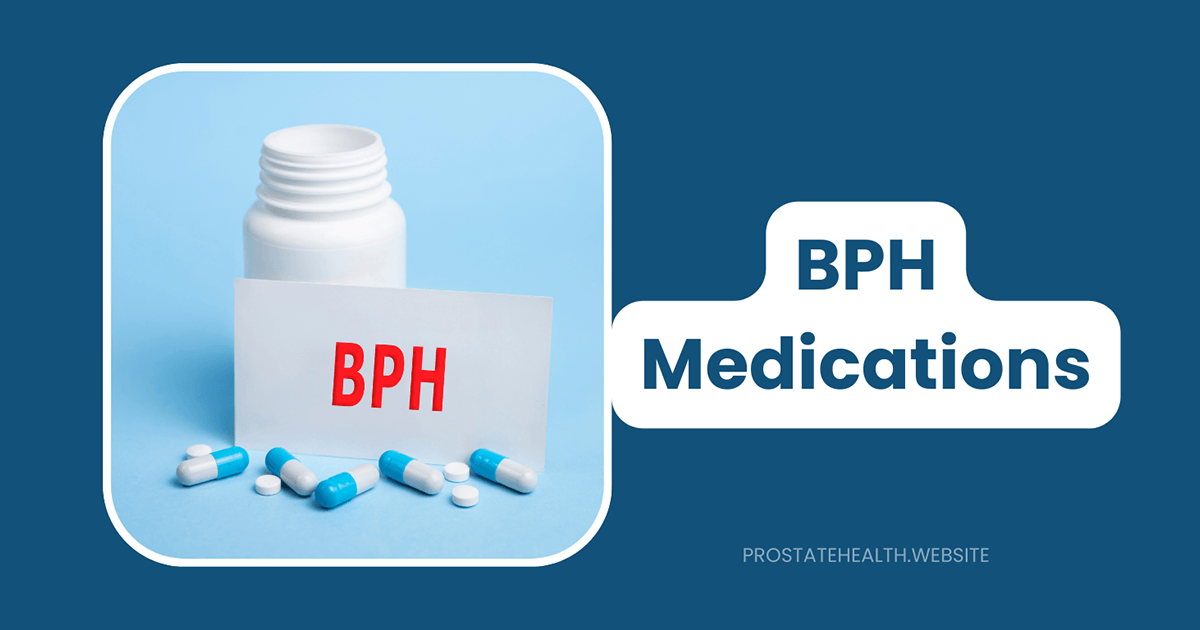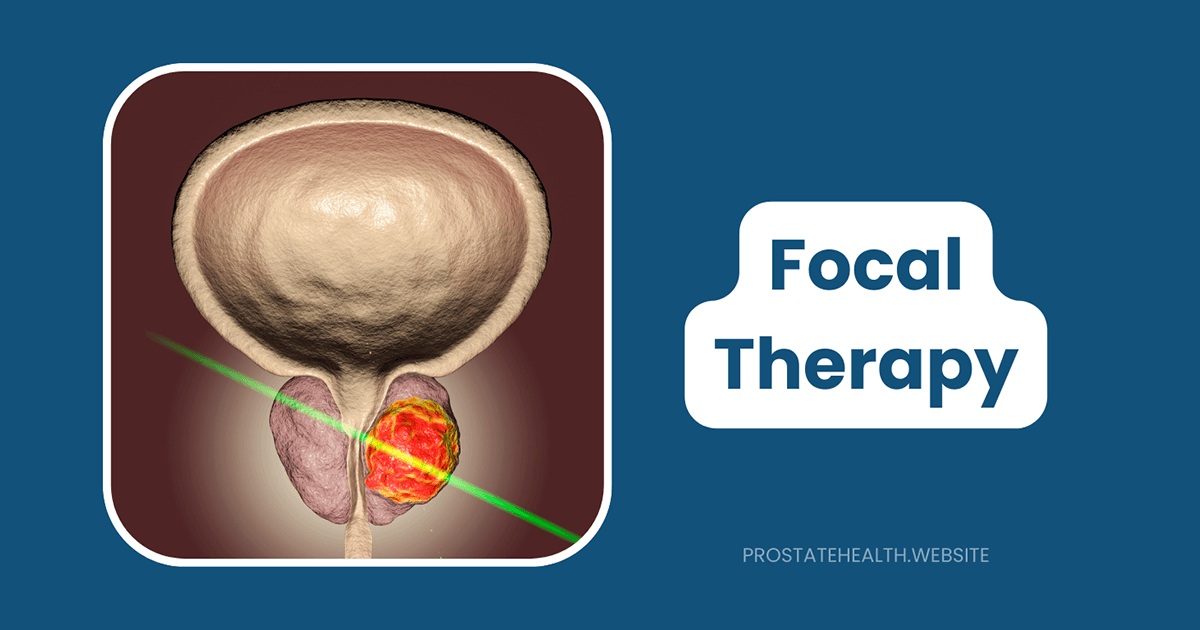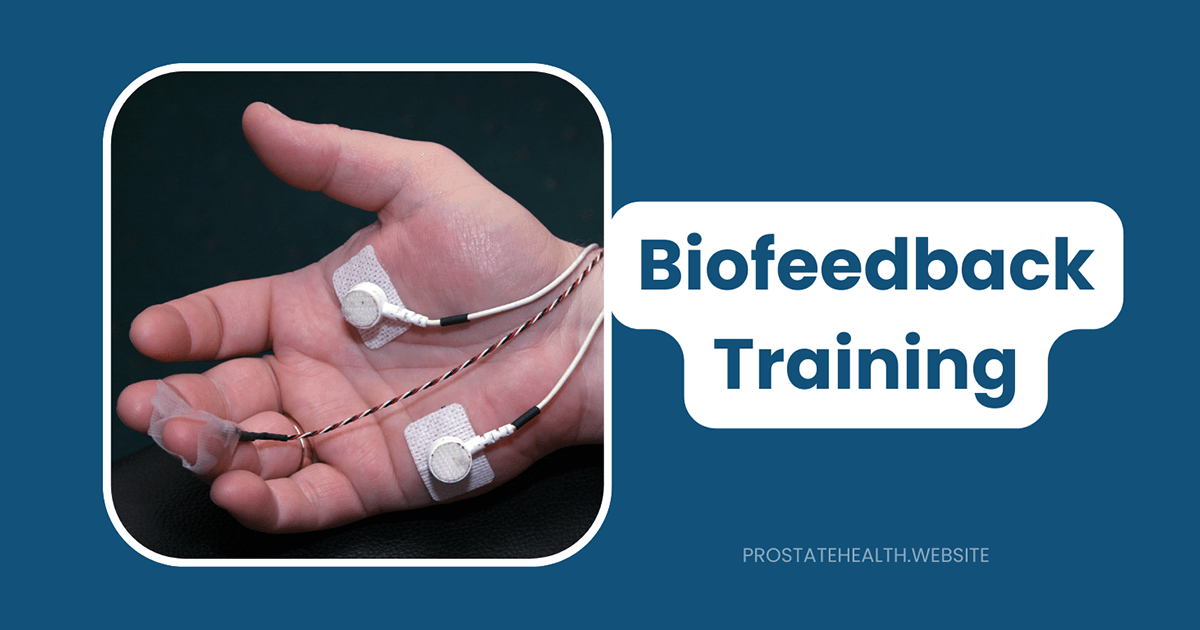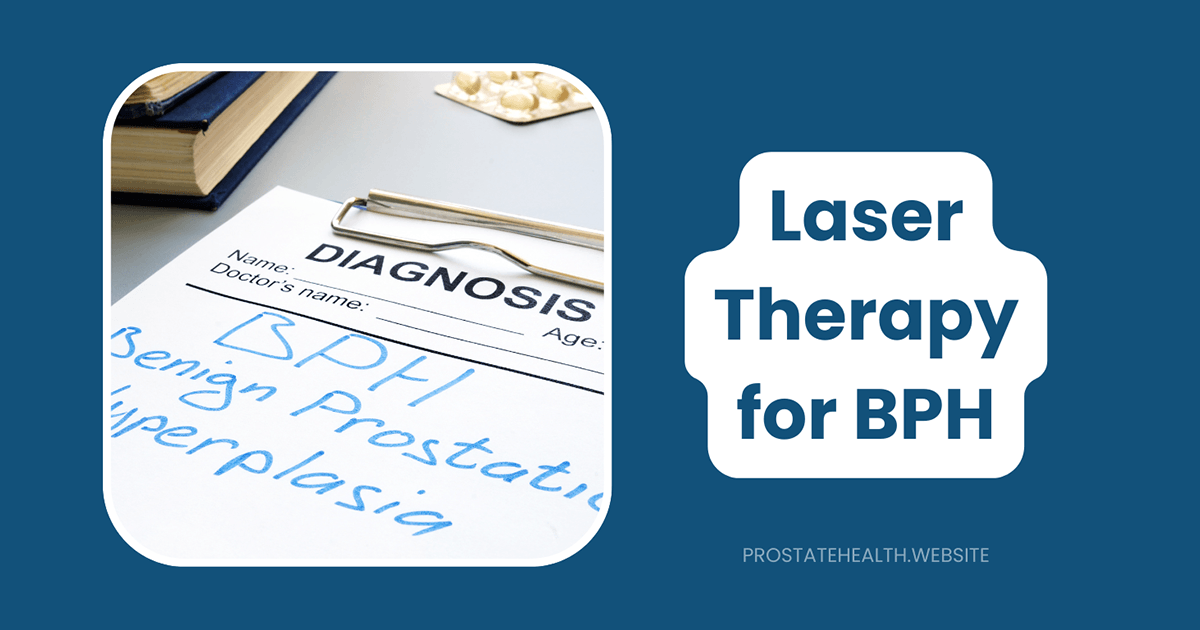Chemotherapy for Advanced Prostate Cancer: Latest Protocols
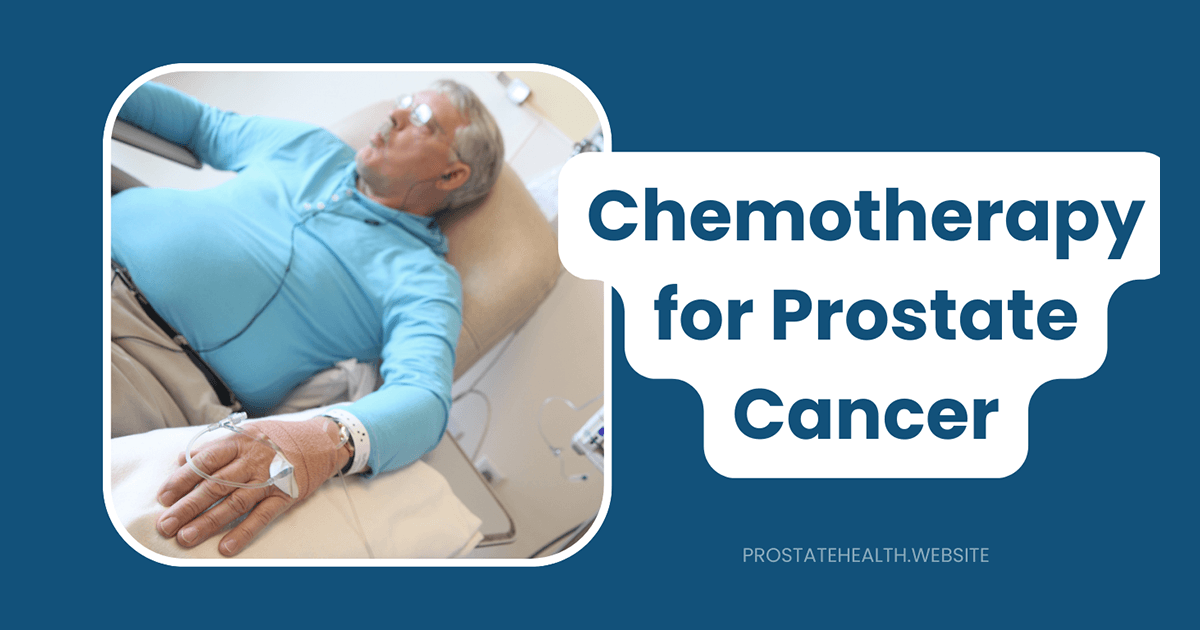
When prostate cancer advances beyond the point where localized treatments like surgery or radiation are effective, or when it becomes resistant to hormone therapy, chemotherapy often becomes a crucial component of the treatment strategy. As someone who has spent years advocating for men’s prostate health, I understand that facing chemotherapy can be daunting. However, significant advances in chemotherapy protocols have improved both effectiveness and quality of life for men with advanced prostate cancer.
In this comprehensive guide, we’ll explore the latest chemotherapy approaches for advanced prostate cancer, including current protocols, emerging combinations, and strategies to maximize benefits while minimizing side effects.
Understanding When Chemotherapy Is Needed
Chemotherapy for prostate cancer is typically considered in several scenarios:
Metastatic Hormone-Sensitive Prostate Cancer (mHSPC)
This refers to prostate cancer that has spread beyond the prostate but still responds to hormone therapy (androgen deprivation therapy or ADT). Recent evidence has shown that adding chemotherapy to hormone therapy in this setting can significantly improve survival for many patients, particularly those with high-volume disease.
Metastatic Castration-Resistant Prostate Cancer (mCRPC)
This is prostate cancer that has spread and continues to progress despite hormone therapy that keeps testosterone at castrate levels. Chemotherapy has been a standard treatment option for mCRPC since 2004, when docetaxel was first approved for this indication.
Biochemically Recurrent Prostate Cancer
In some cases, chemotherapy may be considered when PSA levels rise after primary treatment, indicating cancer recurrence, especially if the rise is rapid or other treatments have been exhausted.
Current First-Line Chemotherapy Protocols
Docetaxel: The Established Standard
Docetaxel remains the cornerstone of chemotherapy for advanced prostate cancer. The standard protocol based on the landmark TAX-327 trial includes:
- Dosage: 75 mg/m² intravenously
- Frequency: Every 3 weeks
- Duration: Typically 6-10 cycles
- Combination: Usually administered with oral prednisone 5 mg twice daily
- Pre-medications: Often includes dexamethasone to reduce the risk of fluid retention and allergic reactions
According to Cancer Therapy Advisor, docetaxel is administered as a 1-hour infusion every 3 weeks with oral prednisone, and remains the first-line chemotherapy choice for metastatic castration-resistant prostate cancer.
Docetaxel in Hormone-Sensitive Disease
For men with newly diagnosed metastatic hormone-sensitive prostate cancer, particularly those with high-volume disease, the current protocol often includes:
- Dosage: 75 mg/m² intravenously
- Frequency: Every 3 weeks
- Duration: 6 cycles
- Combination: Administered alongside androgen deprivation therapy (ADT)
This approach is based on trials like CHAARTED and STAMPEDE, which demonstrated significant survival benefits with the addition of docetaxel to ADT in this setting.
Monitoring and Adjustments
During chemotherapy, regular monitoring includes:
- Complete blood counts before each cycle
- Liver function tests
- PSA measurements to assess response
- Imaging studies as needed to evaluate disease status
Dose adjustments may be necessary based on side effects or patient tolerance. According to recent protocols, docetaxel dosage may be reduced to 60 mg/m² or treatment discontinued for patients experiencing febrile neutropenia or severe adverse effects.
Second-Line Chemotherapy Protocols
Cabazitaxel: When Docetaxel Is No Longer Effective
Cabazitaxel was approved in 2010 for patients whose disease progresses during or after docetaxel treatment. The current protocol based on the TROPIC and PROSELICA trials includes:
- Dosage: 20 mg/m² intravenously (reduced from the original 25 mg/m² based on the PROSELICA trial showing similar efficacy with fewer side effects)
- Frequency: Every 3 weeks
- Duration: Until disease progression or unacceptable toxicity
- Combination: Usually administered with oral prednisone 10 mg daily
- Supportive care: Often includes prophylactic G-CSF (granulocyte colony-stimulating factor) to reduce the risk of neutropenia
A recent Japanese study confirmed that cabazitaxel’s safety profile aligns with clinical trial data, with a median overall survival of 15.2 months for patients previously treated with docetaxel.
Docetaxel Re-challenge vs. Cabazitaxel Switch
An interesting development presented at ASCO GU 2025 compared the effectiveness of re-challenging patients with docetaxel versus switching to cabazitaxel after initial docetaxel treatment. The study found that patients who received a docetaxel re-challenge had a median overall survival of 12.3 months compared to 9.6 months for those who switched to cabazitaxel.
This suggests that for patients who discontinued docetaxel for reasons other than disease progression (such as completing a planned number of cycles or due to toxicity that has since resolved), re-challenging with docetaxel may be a viable option before moving to cabazitaxel.
Emerging Combination Approaches
The landscape of chemotherapy for advanced prostate cancer is evolving, with several promising combination approaches being investigated:
Chemotherapy + Novel Hormonal Agents
Combining chemotherapy with newer androgen receptor pathway inhibitors (ARPIs) such as abiraterone, enzalutamide, apalutamide, or darolutamide is showing promise in clinical trials.
A phase I/Ib trial presented at ASCO GU 2025 is evaluating the combination of neoadjuvant darolutamide and relugolix before radical prostatectomy for high-risk localized and locally advanced prostate cancer. While this specific trial doesn’t include chemotherapy, it represents the trend toward combination approaches that could eventually include chemotherapy agents.
Chemotherapy + Radiopharmaceuticals
The combination of chemotherapy with targeted radiopharmaceuticals is an exciting area of development. The ProstACT Global Phase 3 trial is currently testing TLX591, a prostate-specific membrane antigen (PSMA)-targeted radio antibody-drug conjugate, in combination with standard treatments including docetaxel chemotherapy for metastatic castration-resistant prostate cancer.
This trial features a patient-friendly dosing regimen of two doses administered 14 days apart, and aims to enroll approximately 490 patients.
Chemotherapy + Immunotherapy
While not yet standard of care, the combination of chemotherapy with immunotherapy agents is being investigated in clinical trials. The rationale is that chemotherapy may enhance the effectiveness of immunotherapy by releasing tumor antigens and disrupting immunosuppressive mechanisms in the tumor microenvironment.
Triplet Therapy Approaches
Some advanced cases are now being treated with “triplet therapy” approaches that combine:
- Androgen deprivation therapy (ADT)
- A novel hormonal agent (like abiraterone or enzalutamide)
- Docetaxel chemotherapy
A retrospective analysis presented at EAU 2025 examined cases of progression after triplet therapy for metastatic hormone-sensitive prostate cancer, finding that after progression, a docetaxel re-challenge showed a PSA decline ≥50% in 27.8% of cases, with a median progression-free survival of 4.1 months.
Optimizing Chemotherapy Delivery and Management
Several strategies are being employed to maximize the effectiveness of chemotherapy while minimizing side effects:
Dose Optimization
Finding the optimal dose that balances efficacy with tolerability is crucial. For cabazitaxel, the standard dose has been reduced from 25 mg/m² to 20 mg/m² based on the PROSELICA trial, which demonstrated similar efficacy with fewer side effects.
However, maintaining a certain dose intensity remains important. Recent research suggests that neutropenia may actually be a potential prognostic indicator for treatment effectiveness with cabazitaxel, indicating that some level of bone marrow suppression may correlate with adequate dosing.
Supportive Care Measures
Modern chemotherapy protocols include comprehensive supportive care to manage side effects:
- G-CSF (Neulasta, Udenyca, etc.): Often given prophylactically to prevent neutropenia, particularly with cabazitaxel
- Antiemetics: Medications to prevent nausea and vomiting
- Hydration protocols: To reduce the risk of kidney damage
- Steroid premedication: To reduce allergic reactions and inflammation
Patient Selection and Sequencing
Determining which patients will benefit most from chemotherapy and when to administer it in the treatment sequence is increasingly important.
Recent data from the CARD trial showed that cabazitaxel provided better outcomes than switching to a second androgen receptor pathway inhibitor in patients who had progressed on a first inhibitor within 12 months. The median progression-free survival was 4.4 months with cabazitaxel versus 2.7 months with an androgen-signaling-targeted inhibitor.
Similarly, the TheraP trial compared the radiopharmaceutical 177Lu-PSMA-617 to cabazitaxel, showing a significantly improved PSA-PFS for 177Lu-PSMA-617 (HR 0.63). This type of comparative data helps clinicians make more informed decisions about treatment sequencing.
Managing Side Effects of Chemotherapy
Understanding and proactively managing side effects is essential for successful chemotherapy treatment:
Common Side Effects and Management Strategies
Bone Marrow Suppression
- Neutropenia: Low white blood cell count, increasing infection risk
- Management: G-CSF support, dose adjustments, infection precautions
- Anemia: Low red blood cell count, causing fatigue
- Management: Erythropoiesis-stimulating agents in some cases, transfusions if severe
- Thrombocytopenia: Low platelet count, increasing bleeding risk
- Management: Monitoring, avoiding blood thinners, transfusions if severe
Gastrointestinal Effects
- Nausea and vomiting
- Management: Preventive antiemetics, hydration, small frequent meals
- Diarrhea
- Management: Anti-diarrheal medications, dietary modifications, hydration
- Mucositis (mouth sores)
- Management: Oral care protocols, pain management, modified diet
Neurological Effects
- Peripheral neuropathy: Numbness, tingling, or pain in hands and feet
- Management: Dose adjustments, pain medications, physical therapy, supplements like alpha-lipoic acid or glutamine (discuss with your doctor first)
Other Common Side Effects
- Fatigue
- Management: Energy conservation, light exercise, adequate rest, treating anemia
- Hair loss
- Management: Scalp cooling in some cases, head coverings, emotional support
- Nail changes
- Management: Nail care, avoiding trauma, cold gloves during infusion in some protocols
Emerging Supportive Care Approaches
Several newer approaches are being investigated to reduce chemotherapy side effects:
- Exercise programs: Structured exercise during chemotherapy may reduce fatigue and improve quality of life
- Nutritional interventions: Specific dietary approaches to reduce inflammation and support immune function
- Mind-body techniques: Meditation, yoga, and other stress-reduction techniques to improve tolerance of treatment
- Digital health monitoring: Remote monitoring of symptoms to allow earlier intervention for side effects
Special Considerations for Older Patients
Many men with advanced prostate cancer are older and may have comorbidities that affect chemotherapy decisions:
Geriatric Assessment
A comprehensive geriatric assessment is increasingly recommended before starting chemotherapy in older patients, evaluating:
- Functional status
- Comorbidities
- Cognitive function
- Nutritional status
- Social support
- Polypharmacy issues
Dose Modifications
Older patients or those with compromised organ function may benefit from modified protocols:
- Starting at lower doses with potential escalation based on tolerance
- Extended intervals between treatments
- More aggressive supportive care
Alternative Regimens
Weekly docetaxel regimens (e.g., 35 mg/m² weekly for 3 weeks followed by a week off) may be better tolerated in frail patients while still providing benefit.
Decision-Making: Is Chemotherapy Right for You?
Deciding whether to pursue chemotherapy for advanced prostate cancer is a complex and personal decision. Consider these factors:
Factors to Discuss with Your Healthcare Team
- Disease characteristics: How aggressive is your cancer? How extensive is the spread?
- Prior treatments: What treatments have you already received and how did you respond?
- Overall health: Can you tolerate the side effects of chemotherapy?
- Goals of care: What are your priorities regarding quality of life versus extending survival?
- Alternative options: What other treatments might be appropriate in your situation?
Questions to Ask Your Doctor
- What specific chemotherapy protocol do you recommend and why?
- What is the goal of chemotherapy in my case—to cure, control, or relieve symptoms?
- What side effects am I most likely to experience?
- How will we know if the chemotherapy is working?
- What happens if this chemotherapy doesn’t work or stops working?
- Are there clinical trials I should consider?
The Future of Chemotherapy for Prostate Cancer
The landscape of chemotherapy for advanced prostate cancer continues to evolve rapidly:
Precision Medicine Approaches
Emerging research is focusing on better selecting patients who will benefit from chemotherapy based on molecular characteristics of their cancer:
- Genetic testing: Identifying mutations that may predict response to specific treatments
- Biomarkers: Developing blood or tissue tests to guide treatment decisions
- Liquid biopsies: Using circulating tumor DNA to monitor treatment response and detect resistance early
Novel Agents and Combinations
Several promising approaches are in development:
- New taxanes: Next-generation taxanes with potentially improved efficacy and side effect profiles
- PARP inhibitors + chemotherapy: Combining DNA repair inhibitors with chemotherapy
- Antibody-drug conjugates: Targeted delivery of chemotherapy to cancer cells
Optimizing Delivery Systems
Innovations in drug delivery may improve outcomes and reduce side effects:
- Nanoparticle formulations: Enhancing drug delivery to tumors while sparing normal tissues
- Implantable drug delivery systems: Providing sustained release of chemotherapy
- Targeted delivery approaches: Directing chemotherapy specifically to cancer cells
Conclusion: A Balanced Perspective on Chemotherapy
Chemotherapy remains a vital tool in the treatment of advanced prostate cancer, offering life-extending benefits for many men. The latest protocols have improved both efficacy and tolerability, and ongoing research continues to refine approaches to maximize benefit while minimizing side effects.
Key takeaways include:
- Docetaxel remains the standard first-line chemotherapy, with established benefits in both hormone-sensitive and castration-resistant disease.
- Cabazitaxel provides an effective second-line option, though recent data suggests docetaxel re-challenge may be appropriate in certain situations.
- Combination approaches are increasingly important, with chemotherapy being combined with hormonal agents, radiopharmaceuticals, and other novel therapies.
- Supportive care is critical to managing side effects and maintaining quality of life during treatment.
- Treatment decisions should be individualized, taking into account disease characteristics, prior treatments, overall health, and personal preferences.
If you’re facing decisions about chemotherapy for advanced prostate cancer, work closely with a multidisciplinary team experienced in prostate cancer management. Consider seeking opinions from medical oncologists who specialize in genitourinary cancers, as they will be most familiar with the latest protocols and clinical trials.
Remember that while chemotherapy can be challenging, modern supportive care measures have significantly improved the treatment experience. Many men are able to maintain good quality of life while receiving chemotherapy for advanced prostate cancer.
Have you or a loved one experienced chemotherapy for prostate cancer? What was your experience like? Share your story in the comments below to help others who may be facing similar decisions.

